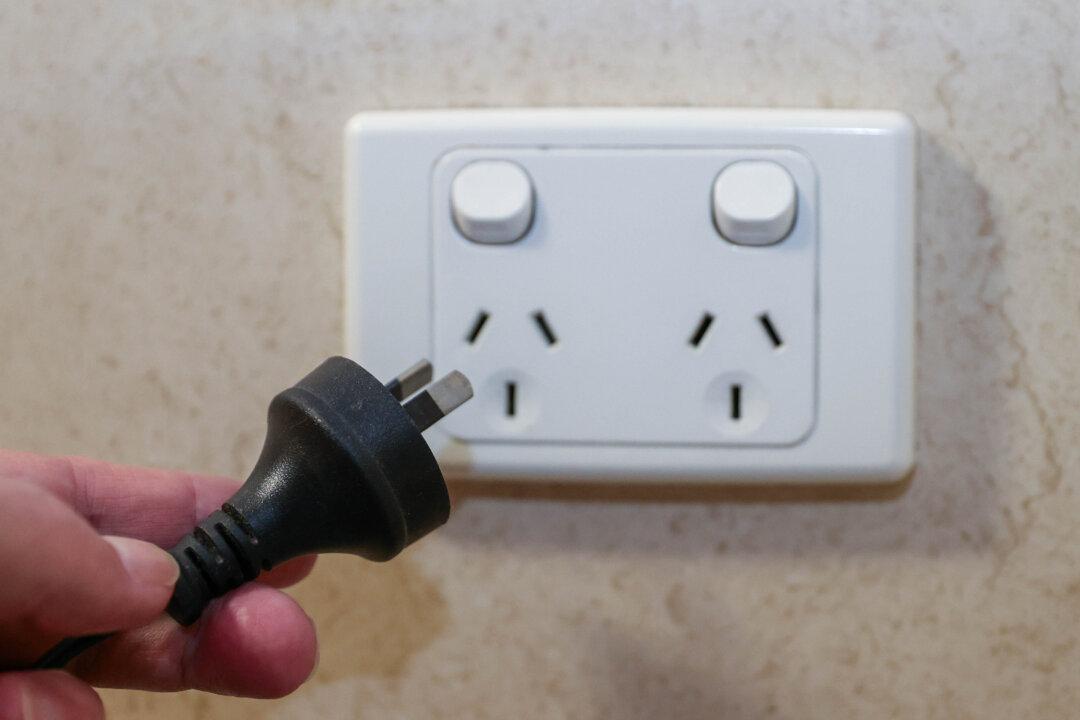Gas suppliers warned that the newly enforced price caps have made it harder for the industry to help bring down Australian energy prices through “immense uncertainty” to investment in domestic supply projects.
Samantha McCulloch, chief executive of the Australian Petroleum Production and Exploration Association (APPEA), said investment in new supply was the key to providing economic relief to Australians.





